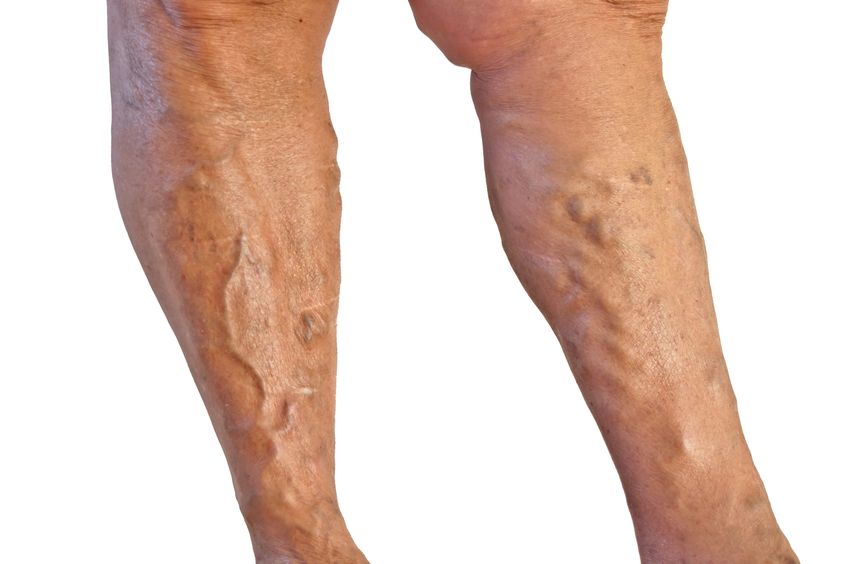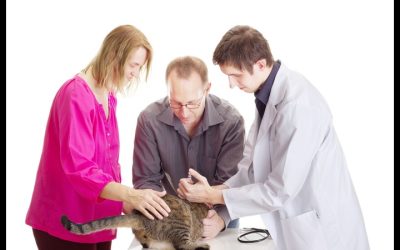People facing the need for a prosthetic device want to be sure that the practitioners they receive help from are highly skilled and pay great attention to detail. Technically, any artificial replacement of a body part is a prosthetic device, including knee joints and even teeth. However, prosthetic equipment from an organization like Capital Prosthetics and Orthotic Center Inc often replaces a hand, arm, foot or leg. Medically, arms and legs are considered limbs, while hands are feet are considered extremities or appendages.
Patients
Prosthetists work with a wide variety of patients. Some lose a limb or an appendage due to an accident or a military-related incident. Others are afflicted with disorders such as diabetes and heart disease that can cause serious issues with blood circulation.
Education
Practitioners in this field have completed a significant amount of training and education, qualifying them to be certified by a professional organization and licensed by the state. Certification has stringent requirements, including passing a rigorous exam.
Increasingly, these practitioners have a master’s degree. Individuals who began their work many years ago typically have a bachelor’s degree and regularly complete continuing education courses, so they stay up to date with the latest technology and advancements. A practitioner might have a bachelor of science in biology or health sciences, for example, along with a graduate certificate in prosthetics and orthotics from an accredited school. A limited number of colleges also offer a bachelor of science in prosthetics and orthotics.
Work Overview
Prosthetists with an organization like Capital Prosthetics and Orthotic Center Inc are not medical doctors, but they are fully qualified to evaluate patients and create customized plans of action for treatment. Working with guidelines provided by the patient’s physician, they design and precisely fit the artificial replacements, and provide followup care for the patients. Browse the website to learn more.
All the requirements for these professional health care practitioners are intended to make sure each patient receives the highest quality of care. The work of prosthetists is incredibly important because it increases mobility and confidence for people who have lost a key part of the body. Today’s prostheses are designed to look as natural as possible while also providing function.



